The National Book Foundation has announced the shortlists for its 2014 National Book Awards. The finalists in poetry, fiction, nonfiction, and young people's literature were announced this morning on NPR’s Morning Edition by Mitchell Kaplan, cofounder of Miami Book Fair International and former president of the American Booksellers Association.
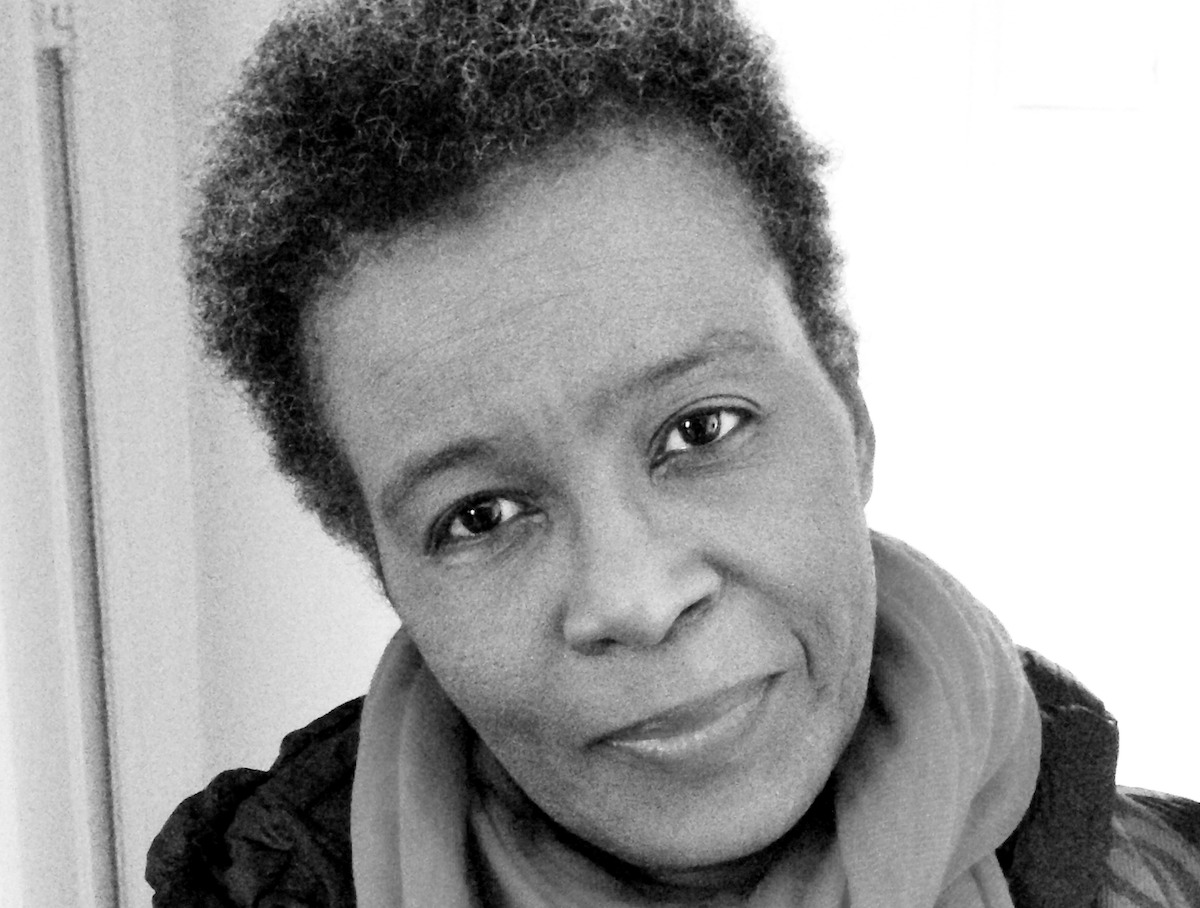 The finalists in poetry are Louise Glück, Faithful and Virtuous Night (Farrar, Straus and Giroux); Fanny Howe, Second Childhood (Graywolf Press); Maureen N. McLane, This Blue (Farrar, Straus and Giroux); Fred Moten, The Feel Trio (Letter Machine Editions); and Claudia Rankine, Citizen: An American Lyric (Graywolf Press).
The finalists in poetry are Louise Glück, Faithful and Virtuous Night (Farrar, Straus and Giroux); Fanny Howe, Second Childhood (Graywolf Press); Maureen N. McLane, This Blue (Farrar, Straus and Giroux); Fred Moten, The Feel Trio (Letter Machine Editions); and Claudia Rankine, Citizen: An American Lyric (Graywolf Press).
The finalists in fiction are Rabih Alameddine, An Unnecessary Woman (Grove Press); Anthony Doerr, All the Light We Cannot See (Scribner); Phil Klay, Redeployment (Penguin); Emily St. John Mandel, Station Eleven (Knopf); and Marilynne Robinson, Lila (Farrar, Straus and Giroux).
The finalists in nonfiction are Roz Chast, Can’t We Talk About Something More Pleasant? (Bloomsbury); Anand Gopal, No Good Men Among the Living: America, the Taliban, and the War through Afghan Eyes (Metropolitan Books); Evan Osnos, Age of Ambition: Chasing Fortune, Truth and Faith in the New China (Farrar, Straus and Giroux); John Lahr, Tennessee Williams: Mad Pilgrimage of the Flesh (Norton); and Edward O. Wilson, The Meaning of Human Existence (Liveright).
The finalists in young people’s literature are John Corey Whaley, Noggin (Atheneum Books); Deborah Wiles, Revolution (Scholastic); Jacqueline Woodson, Brown Girl Dreaming (Nancy Paulsen Books); Eliot Schrefer, Threatened (Scholastic); and Steve Sheinkin, The Port Chicago 50: Disaster, Mutiny and the Fight for Civil Rights (Roaring Books Press).
The finalists were selected from a longlist in each category. Fiction heavyweights Richard Powers and Jane Smiley failed to make the cut, while relative newcomers Phil Klay and Emily St. John Mandel join Pulitzer Prize–winner Marilynne Robinson, whose novel Home was a finalist for the National Book Award in 2008. On the poetry side, veteran Edward Hirsch was also cut from the longlist, while favorites Glück, Howe, and Rankine (who earlier this year received the $50,000 Jackson Poetry Prize from Poets & Writers, Inc.) top the list.
The winners will be announced at a ceremony in New York City on November 19, headlined by Daniel Handler—also known as Lemony Snicket.
Photo: Claudia Rankine
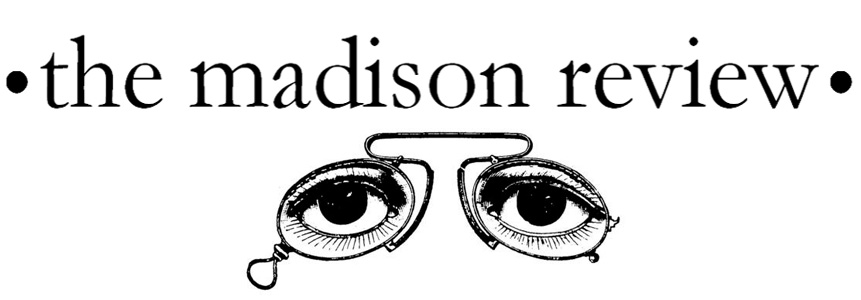





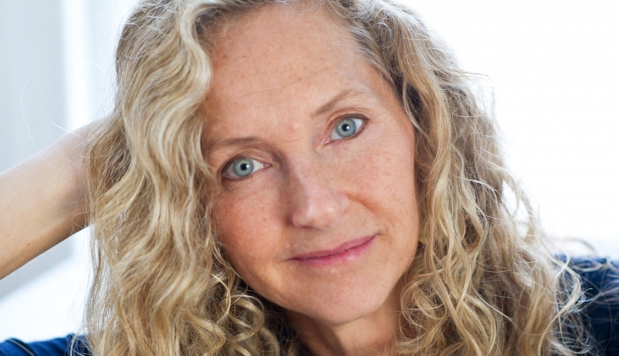
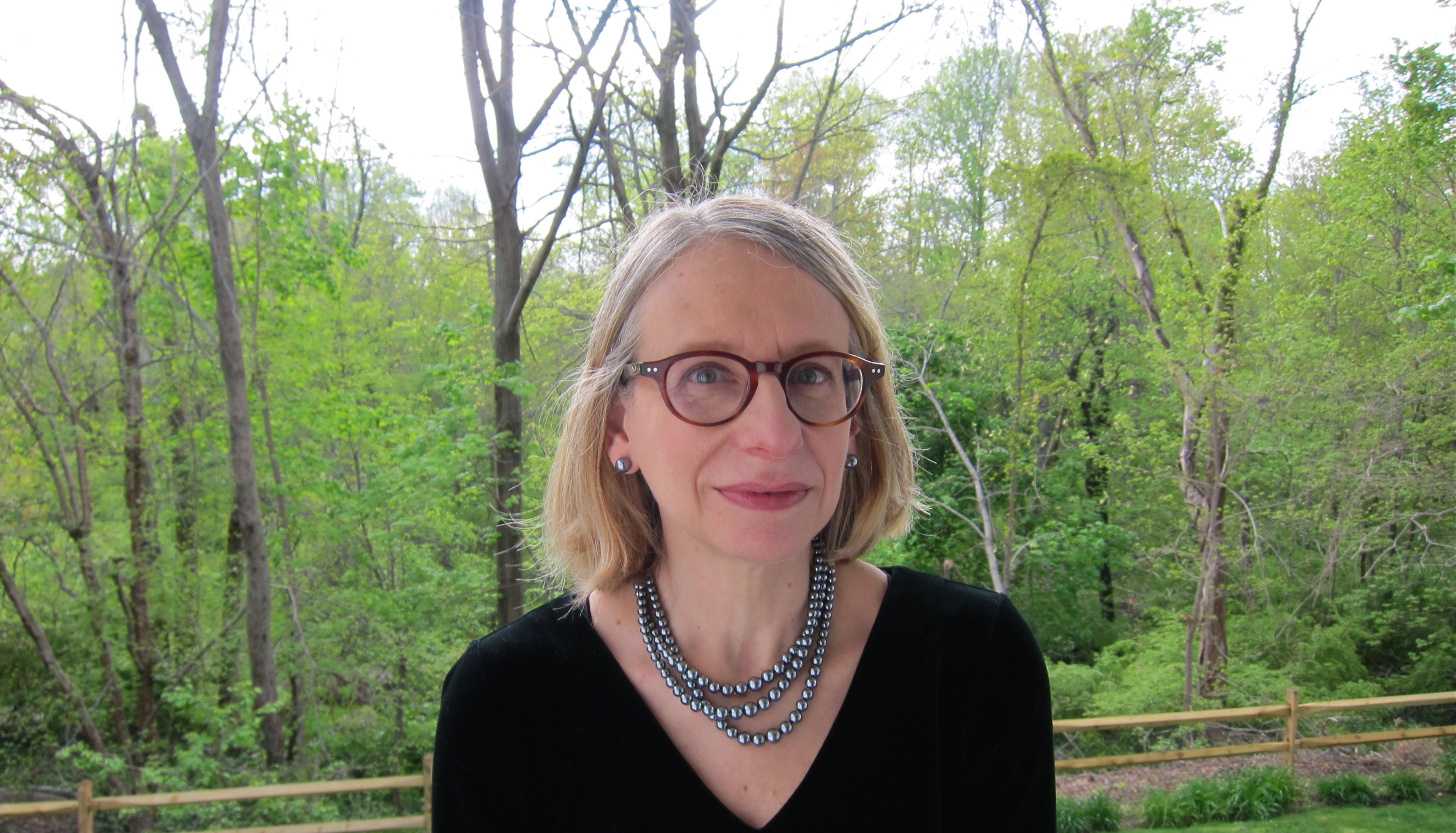
 The finalists in poetry are Louise Glück, Faithful and Virtuous Night (Farrar, Straus and Giroux); Fanny Howe, Second Childhood (Graywolf Press); Maureen N. McLane, This Blue (Farrar, Straus and Giroux); Fred Moten, The Feel Trio (Letter Machine Editions); and Claudia Rankine, Citizen: An American Lyric (Graywolf Press).
The finalists in poetry are Louise Glück, Faithful and Virtuous Night (Farrar, Straus and Giroux); Fanny Howe, Second Childhood (Graywolf Press); Maureen N. McLane, This Blue (Farrar, Straus and Giroux); Fred Moten, The Feel Trio (Letter Machine Editions); and Claudia Rankine, Citizen: An American Lyric (Graywolf Press).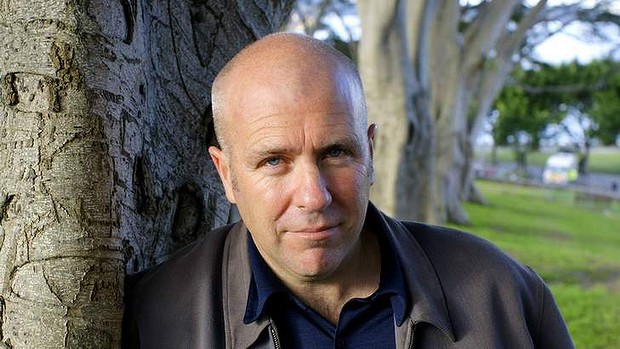 For the first time in its forty-six-year history, Britian’s most prestigious literary prize was expanded this year to include writers of any nationality. The decision
For the first time in its forty-six-year history, Britian’s most prestigious literary prize was expanded this year to include writers of any nationality. The decision 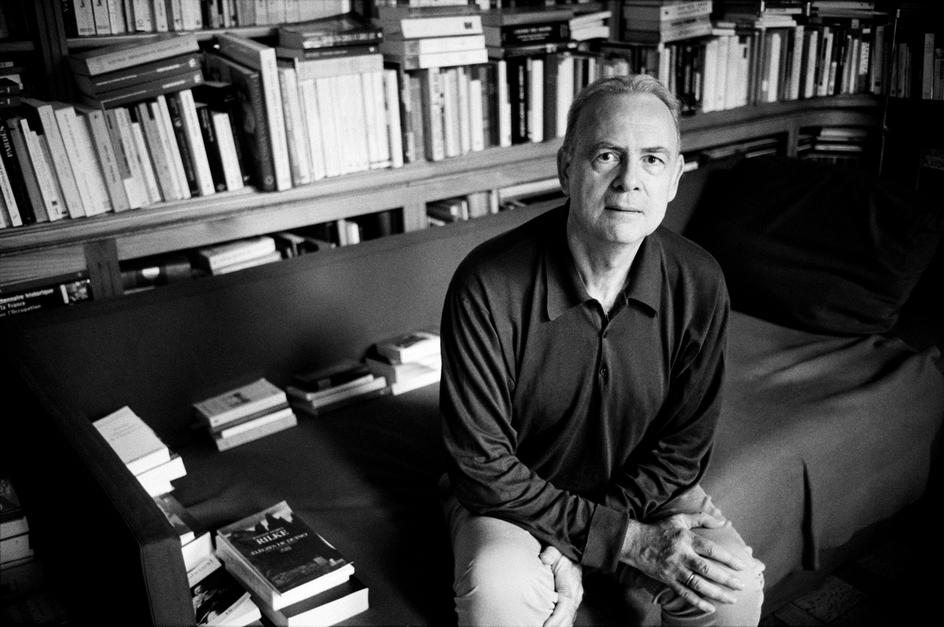 Modiano was born in a west Paris suburb in July 1945, two months after the end of the second world war. His parents—a Jewish Italian father and Belgian mother—met during the Nazi occupation of Paris. Jewish identity, the Holocaust, and loss of memory, identity, and time are recurring themes in Modiano's work. He published his debut novel, La Place de l'Etoile, in 1968; though few of his books have been translated into English, he has since gained both critical and popular acclaim throughout France. One of his most well known novels is Missing Person (Jonathan Cape, 1980), which was awarded France's Prix Goncourt in 1978. His most recent book is Pour que tu ne te perdes pas dans le quartier.
Modiano was born in a west Paris suburb in July 1945, two months after the end of the second world war. His parents—a Jewish Italian father and Belgian mother—met during the Nazi occupation of Paris. Jewish identity, the Holocaust, and loss of memory, identity, and time are recurring themes in Modiano's work. He published his debut novel, La Place de l'Etoile, in 1968; though few of his books have been translated into English, he has since gained both critical and popular acclaim throughout France. One of his most well known novels is Missing Person (Jonathan Cape, 1980), which was awarded France's Prix Goncourt in 1978. His most recent book is Pour que tu ne te perdes pas dans le quartier.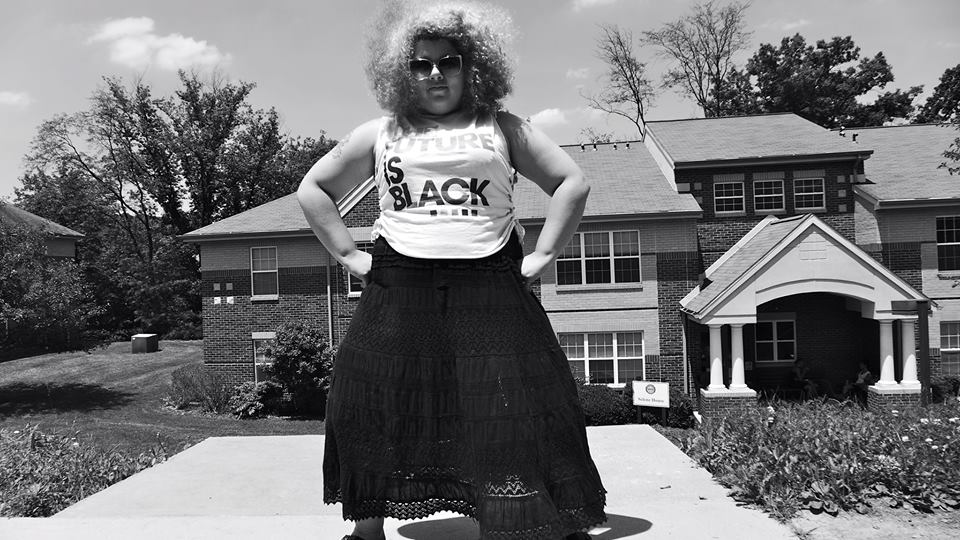 “Being granted with this opportunity to take root in a city so rich with history, creativity and tenacity is truly an honor,” Rocheteau wrote on the
“Being granted with this opportunity to take root in a city so rich with history, creativity and tenacity is truly an honor,” Rocheteau wrote on the 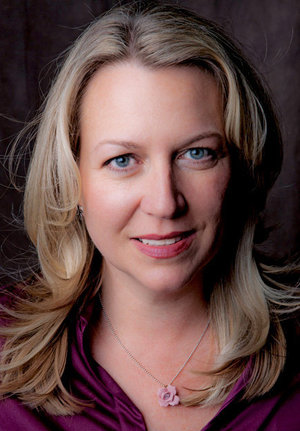 Using the
Using the  Robinson, who won the Pulitzer Prize for her 2004 novel Gilead, has twice been a finalist for the National Book Award, for her novels Home (2008) and Housekeeping (1980). Antopol was named one of the National Book Foundation's
Robinson, who won the Pulitzer Prize for her 2004 novel Gilead, has twice been a finalist for the National Book Award, for her novels Home (2008) and Housekeeping (1980). Antopol was named one of the National Book Foundation's 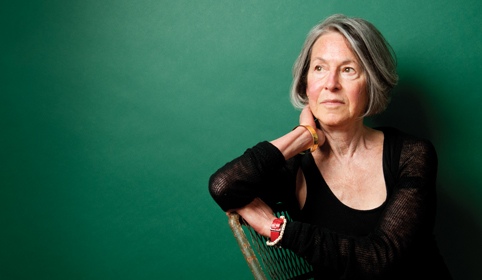 The seven other books competing for the $10,000 prize include Collected Poems (Knopf) by Mark Strand, Roget’s Illusion (G.P. Putnam’s Sons) by Linda Bierds, A Several World (Nightboat) by Brian Blanchfield, Second Childhood (Graywolf) by Fanny Howe, This Blue (FSG) by Maureen N. McLane, The Feel Trio (Letter Machine Editions) by Fred Moten, Citizen: An American Lyric (Graywolf) by Claudia Rankine, and The Road to Emmaus (FSG) by Spencer Reece. Both Glück and Strand have served as poet laureate of the United States and have won Pulitzer Prizes. Earlier this year, Rankine recieved the $50,000
The seven other books competing for the $10,000 prize include Collected Poems (Knopf) by Mark Strand, Roget’s Illusion (G.P. Putnam’s Sons) by Linda Bierds, A Several World (Nightboat) by Brian Blanchfield, Second Childhood (Graywolf) by Fanny Howe, This Blue (FSG) by Maureen N. McLane, The Feel Trio (Letter Machine Editions) by Fred Moten, Citizen: An American Lyric (Graywolf) by Claudia Rankine, and The Road to Emmaus (FSG) by Spencer Reece. Both Glück and Strand have served as poet laureate of the United States and have won Pulitzer Prizes. Earlier this year, Rankine recieved the $50,000  Five shortlisted finalists will be announced on October 15. The
Five shortlisted finalists will be announced on October 15. The